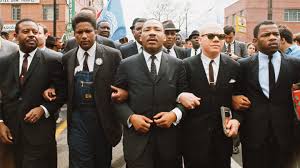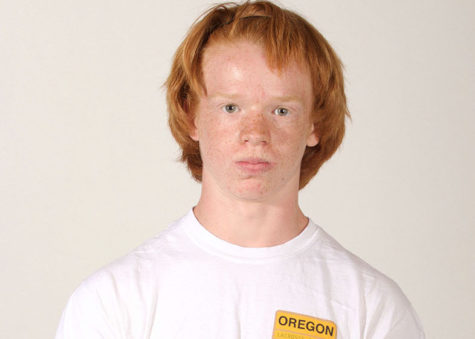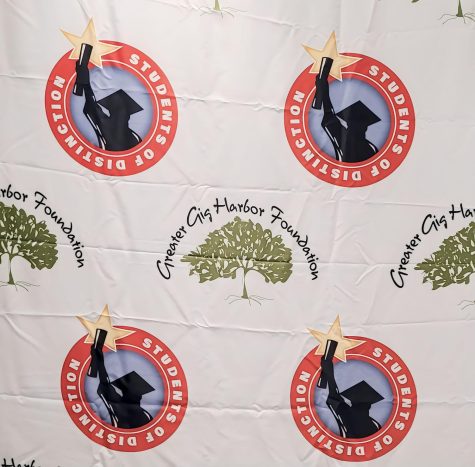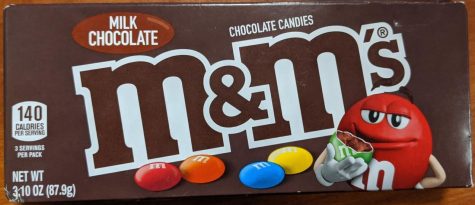Martin Luther King Jr

January 20, 2023
“The ultimate measure of a man is not where he stands in moments of comfort and convenience, but where he stands at times of challenge and controversy.” – Martin Luther King Jr.
Martin Luther King Jr. was born on January 15, 1929, in Atlanta, Georgia. His father was a pastor and his mother was a former school teacher. King attended segregated schools and, at the age of 15, was admitted to Morehouse College where he studied medicine and law. He graduated from Morehouse in 1948. According to History, King didn’t intend to become a pastor like his father but “he changed his mind under the mentorship of Morehouse’s president, Dr. Benjamin Mays, an influential theologian and outspoken advocate for racial equality.” After three years of study at Crozer Theological Seminary in Pennsylvania, he was elected president of his predominantly white senior class and he earned a Bachelor of Divinity degree. “With a fellowship won at Crozer, he enrolled in graduate studies at Boston University, completing his residence for the doctorate in 1953 and receiving the degree in 1955. In Boston he met and married Coretta Scott, a young woman of uncommon intellectual and artistic attainments. Two sons and two daughters were born into the family.” (The Nobel Prize).
In 1954, King became pastor of the Dexter Avenue Baptist Church in Montgomery, Alabama. In early December, 1955 after Rosa Parks was arrested for refusing to give up her seat, King led the Montgomery Bus Boycott that lasted 381 days until the US Supreme Court declared the laws requiring segregation on buses unconstitutional. “During these days of boycott, King was arrested, his home was bombed, he was subjected to personal abuse, but at the same time he emerged as a [civil rights] leader of the first rank.” (Nobel Prize). King’s nonviolent resistance was influenced by Mahatma Gandhi and his Christian faith, and one of his closest advisors was Bayard Rustin, another nonviolent civil rights activist. On September 20, 1958, Izola Curry made the first assassination attempt against King. “She walked into a Harlem department store where King was signing books and asked, ‘Are you Martin Luther King?’ When he replied ‘yes,’ she stabbed him in the chest with a knife. King survived, and the attempted assassination only reinforced his dedication to nonviolence: ‘The experience of these last few days has deepened my faith in the relevance of the spirit of nonviolence if necessary social change is peacefully to take place.’”
In 1957 King and other fellow ministers formed the Southern Christian Leadership Conference. “In the eleven-year period between 1957 and 1968, King traveled over six million miles and spoke over twenty-five hundred times, appearing wherever there was injustice, protest, and action; and meanwhile he wrote five books as well as numerous articles.” (Nobel Prize). King was arrested at one of the protests during the Birmingham Campaign in 1963, where he wrote “Letter from Birmingham Jail”. Later that year he also led the March on Washington where he delivered his most well known speech, “I Have A Dream”. “His accomplishments are now taught to American children of all races, and his teachings are studied by scholars and students worldwide. He is the only non-president to have a national holiday dedicated in his honor and is the only non-president memorialized on the Great Mall in the nation’s capital. He is memorialized in hundreds of statues, parks, streets, squares, churches and other public facilities around the world as a leader whose teachings are increasingly-relevant to the progress of humankind.” (The King Center). At the time King was awarded the Nobel Prize in 1964 he was the younger man to receive the award. When notified of his selection, he announced that he would turn over the prize money of $54,123 to the furtherance of the civil rights movement.
“On the evening of April 4, 1968, Martin Luther King was assassinated. He was fatally shot while standing on the balcony of a motel in Memphis, where King had traveled to support a sanitation workers’ strike. In the wake of his death, a wave of riots swept major cities across the country, while President Johnson declared a national day of mourning.” (History).
Sources
History.com Editors. (2009, November 9). Martin Luther King Jr.. History.com. Retrieved January 17, 2023, from https://www.history.com/topics/black-history/martin-luther-king-jr
Martin Luther King, jr.: About dr. Martin Luther King, Jr.. The King Center. (2022, February 3). Retrieved January 17, 2023, from https://thekingcenter.org/about-tkc/martin-luther-king-jr/
The nobel peace prize 1964. NobelPrize.org. (n.d.). Retrieved January 17, 2023, from https://www.nobelprize.org/prizes/peace/1964/king/biographical/












